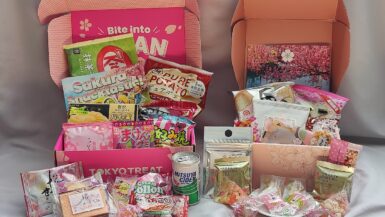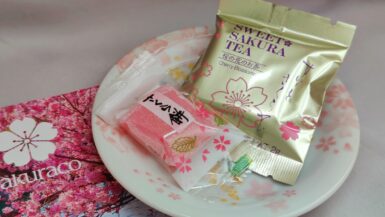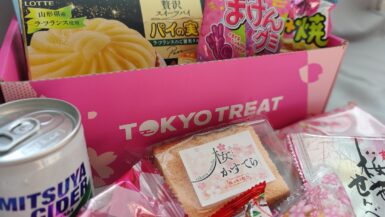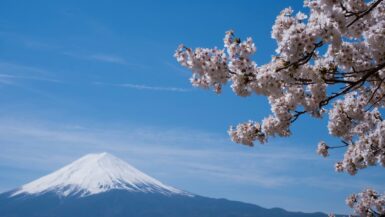Does Japan Celebrate Valentine’s Day?
This was a question I had before moving to Japan.
Now as a former resident, I have all the answers for you about what exactly is involved in a Japanese Valentine’s Day.
In this post, we’ll dive into the differences between Western and Japanese Valentine’s Day, what are acceptable Valentine’s Day gifts, and what the different type of chocolates mean.
Does Japan Celebrate Valentine’s Day?
The short answer is yes, Japan does celebrate Valentine’s Day, but it’s not completely the same traditions as what you might have grown up with.
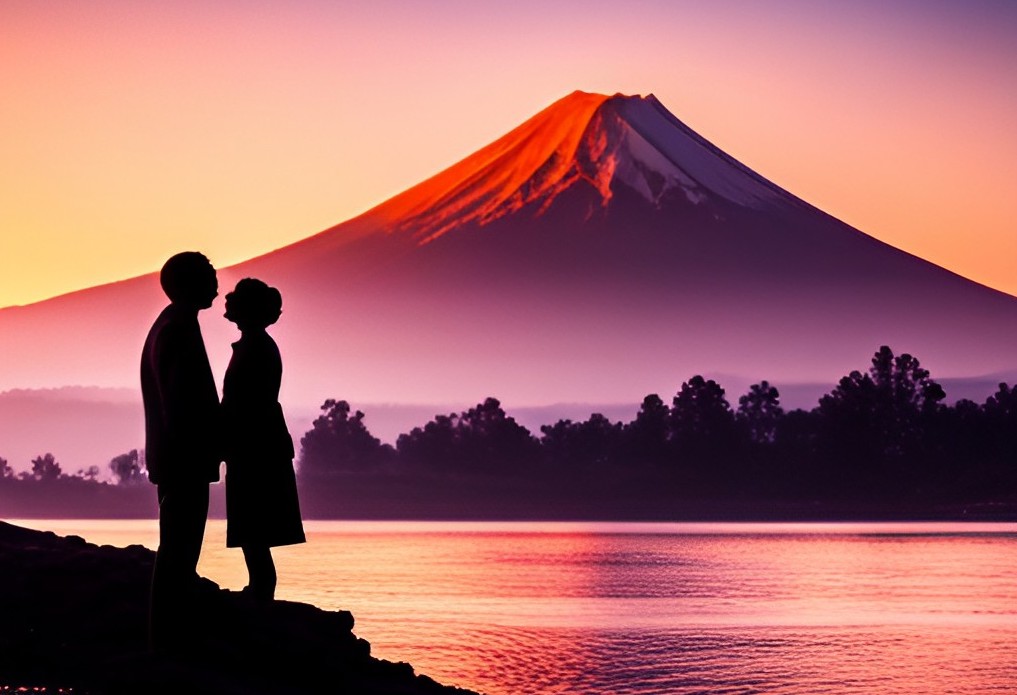
Valentine’s Day in Japan- February 14th
Valentine’s Day does exist in Japan, and it’s even on the same day that it’s celebrated elsewhere– February 14th.
However, there are a few key differences when it comes to Japanese Valentine’s Day.
I’ll go more into detail in this post but here are the main bullet points:
- Women are the gift-givers on February 14th in Japan
- Men reciprocate the gift-giving on March 14th in Japan on what’s called “White Day”
- Valentine’s Day in Japan isn’t just for couples
- Chocolates are the only acceptable gift
- Not all chocolates mean the same thing in Japan on Valentine’s Day
Women are the primary gift-givers on February 14th in Japan
In contrast to Western customs, where both men and women exchange special gifts with their significant others on Valentine’s Day, February 14th in Japan centers around women giving chocolates– specifically chocolates– to the men in their lives.
There are several things to unpack here, so I’ll start with the obvious– what about the women?
Men reciprocate the gift-giving on March 14th in Japan (“White Day”)
This is where White Day, March 14th, comes in.
In Japan, White Day is when the men return the favor two- or even threefold what was given to them by the ladies on Cupid’s birthday.
This happens one month after Valentine’s Day, and is pretty much seen as obligatory unless you want to be shamed or signal the end of a courtship.
Valentine’s Day in Japan isn’t just for couples
We all know the romantic aspect of Valentine’s Day, where couples celebrate their love or a crush is revealed.
In Japan, this part is relatively the same.
February 14th is seen as the day women either profess their love or shower their significant other with special chocolates.
In addition to celebrating romantic relationships, Valentine’s Day in Japan also encompasses other types of connections and friendships.
There is some similarity here between Japanese and western culture as well.
Think of it like the part of Valentine’s Day where children hand out cards and candies to their classmates or adults might give treats to their coworkers.
While this isn’t an obligation in other countries, it is in Japan.
Japanese women are expected to give chocolates to more than just her significant other on Valentine’s Day.
It is customary for her to present the appropriate type of chocolate as a gift to individuals in her everyday life, including co-workers, friends, and her boss.
What does Chocolate Mean on Valentine’s Day in Japan?
Not all chocolates mean the same thing on Valentine’s Day in Japan, so make sure you know the difference!

🌹 Honmei-choco
Honmei-choco is probably the most familiar to those outside of Japan.
These are beautiful chocolates given to either the woman’s romantic partner or someone she’s interested in.
Honmei-choco can be homemade or from the store, the latter of which are typically on the more expensive end and highly decorative.
An example of store-bought honmei choco could be those stereotypical heart-shaped boxes filled with individually decorated pieces of chocolate.
However, homemade chocolate is seen as the most special regardless of the cost of the store-bought ones.
After all, buying treats is relatively easy.
Putting in the time and effort to create them from scratch says so much more.
🙏 Giri-choco
The second type of Valentine’s Day chocolate in Japan is called giri-choco, also known as obligation chocolate.
These are simple store-bought chocolates that women are obligated to give to the other men in her life with whom she doesn’t share a romantic relationship.
They can be friends, acquaintances, supervisors, family, etc.
There’s nothing fancy about the treats, but it’s just expected that women will give these out on Valentine’s Day.
Think of these chocolates like the ones sold in bulk bags in the candy aisle of a grocery store during Halloween.
Simple and basic.
👯♀️ Tomo-choco
Tomo-choco are the chocolates given between friends, typically women.
Think of it like the Galentine’s Day version of chocolates.
Women might either make the candies themselves or purchase nice chocolates for their close girlfriends.
🥰 Jibun-choco
Jibun-choco are the ones women buy for themselves on Valentine’s Day.
Think of these as the Treat Yo Self version of chocolates (can you tell I love Parks & Rec?)
If you aren’t up for the whole song and dance of Valentine’s/White Day or you’re living out a scene in a Rom Com where you’ve just been dumped and you’re telling yourself everything is going to be ok– jibun-choco is for you.
And why not?
Getting exactly what you want without the pressure of depending on another person?
Sign me up.
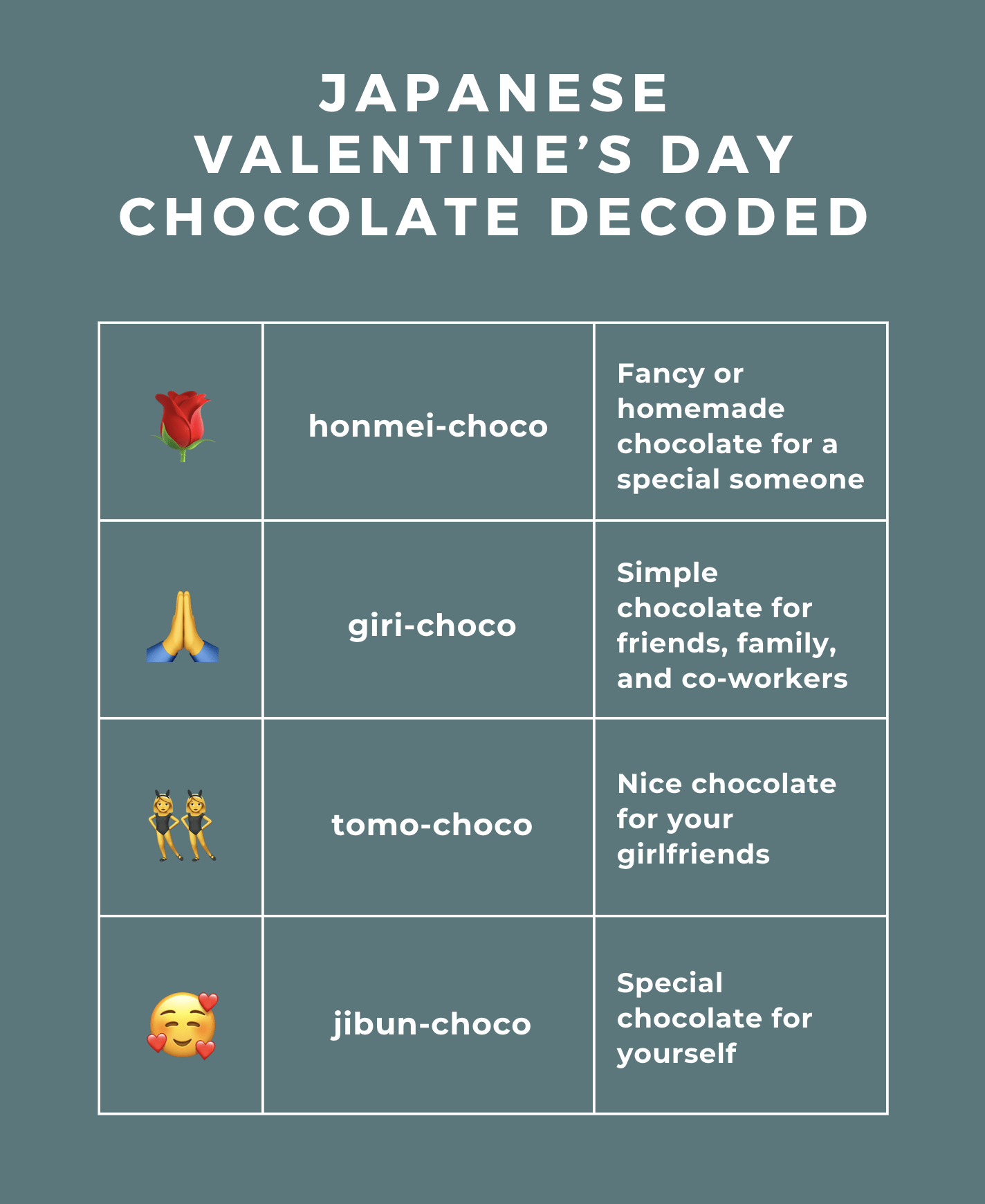
Cultural Shift: Japanese Valentine’s Day in 2024
In recent years, there has been notable resistance to the tradition of Japanese Valentine’s Day, leading many women to choose not to participate.
The same goes for some men.
The excessive exchange of gifts and the pressure associated with Valentine’s Day and White Day have caused many to question the relevance of adhering to these extravagant holiday traditions.
This shift reflects a broader trend among the younger generations in Japan, as they progressively challenge traditional practices and gender roles.
FAQs: Does Japan Celebrate Valentine’s Day?

How does Japan celebrate Valentine’s Day?
Japan celebrates its own version of Valentine’s Day with a bit of a mix between Western traditions and Japan’s unique take on the holiday.
However, the main difference in the Japanese version of Valentine’s Day is that only the women give chocolates to the men on February 14th.
How do you say “Valentine’s Day” in Japan?
Valentine’s Day in Japanese is just the katakana version of the English phrase: バレンタインデー (barentain dē)
If you want to say “Happy Valentine’s Day,” the most natural way would be saying バレンタインデーおめでとう (barentain dē omedetō).
What’s the difference between Valentine’s Day and White Day in Japan?
In Japan, Valentine’s Day is when the women gift chocolates to the men and White Day is when the men gift chocolates to the women.
Is Valentine’s Day a national holiday in Japan?
No, Valentine’s Day isn’t a national holiday in Japan just like it isn’t in Western countries.
It is, however, widely celebrated and a seasonal event many look forward to in the winter similar to when it snows in Tokyo or cherry blossom season in Japan.
Final Thoughts: Japanese Valentine’s Day
The tradition of Valentine’s Day in Japan has some similarities between Western countries, but with also a few key differences.
The most notable difference is that women are the only ones that give specifically chocolates to the men on February 14th, and the reciprocation occurs from the men to the ladies a month later on March 14th.
While keeping up with this practice isn’t for everyone, it’s still a major theme in Japan come every February with stores promoting special sales on chocolates and supplies to make honmei-choco.
